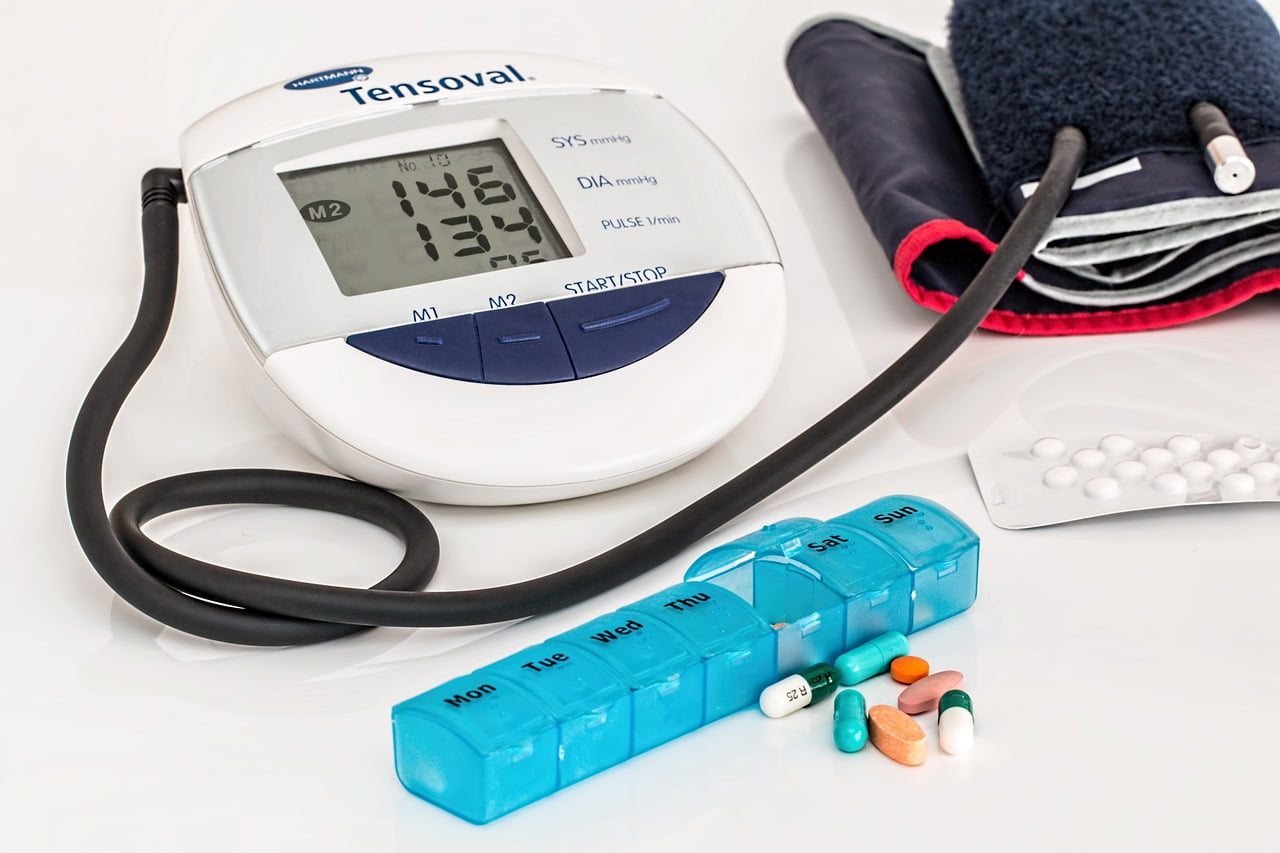Have you ever contemplated the invisible challenges that might accompany the pregnancy miracle? Brace yourself as we unravel the critical knowledge every mom should possess – the why and how of preeclampsia or PIH. It’s not just another term; it’s a crucial piece of the pregnancy that demands our attention.
In this exploration, we delve into the complexities, offering insights that empower every mom. It’s not just about words; it’s about equipping mothers with knowledge, ensuring a healthier and informed passage through pregnancy. Join us as we unravel the intriguing narrative of preeclampsia, an essential chapter every mom should explore.
What is Preeclampsia or PIH?
PIH is a general term for high blood pressure during pregnancy. On the flip side, preeclampsia is a specific kind of high blood pressure disorder that can happen during pregnancy. It can also develop after giving birth. Imagine PIH as an umbrella term covering different types of high blood pressure conditions in pregnant women.
Preeclampsia, in particular, involves high blood pressure and harm to organs. It can affect various body parts, like the liver and kidneys, which are crucial for keeping both mom and baby healthy during pregnancy.
Understanding why preeclampsia happens involves looking at a few factors. While it’s not always clear why some moms-to-be experience it, certain things can increase the chances.
Causes of Preeclampsia
- Influence of Genes
Our family history matters. If someone in your family had preeclampsia, your risk goes up a bit. It’s like health traits passing down, not just a family thing but something that might impact your pregnancy health.
- First-Time Pregnancy
The risk edges up a bit for those embarking on their first pregnancy journey. It’s like the body encountering something entirely new; occasionally, it reacts in ways that might lead to preeclampsia.
- Age Matters
Being a teenager or over 35 can also be a factor. Bodies change as we grow, which can influence how pregnancy unfolds.
- Multiple Pregnancies
Having twins or more can increase the chances. It’s like the body must work extra hard, which can sometimes lead to higher blood pressure.
- Existing Health Conditions
If a mom-to-be has certain health conditions like diabetes or chronic high blood pressure before pregnancy, it can increase the risk of preeclampsia.
Symptoms of Preeclampsia
- High Blood Pressure
Preeclampsia is often linked to high blood pressure. Your healthcare provider regularly checks this during prenatal visits. If the numbers start climbing higher than usual, it’s a clear sign.
- Swelling
While some swelling in the feet and ankles is typical during pregnancy, sudden or severe swelling in the hands, face, or eyes can signal a potential issue with preeclampsia.
- Headaches
Persistent, pounding headaches that don’t ease up can be a symptom. Think of it as your body’s saying, “Pay attention; something might be off.”
- Changes in Vision
Blurry vision or seeing spots can be a warning sign. You must inform your healthcare provider if the world starts looking different or unclear.
- Belly Pain
Severe pain in the upper belly, below the ribs, could indicate a problem. It’s like your body signaling towards a big problem.
- Nausea or Vomiting
Feeling unusually queasy or experiencing persistent vomiting can be connected to preeclampsia. It goes beyond the typical morning sickness and may need attention.
- Rapid Weight Gain
Putting on weight too quickly, especially in a short period, can be a red flag. Sudden and significant weight gain may indicate preeclampsia.
Diagnosis of Preeclampsia
Blood Pressure Checks
Regular blood pressure checks are like snapshots of your body’s water pipes. If the pressure is too high, it’s a clue that something might be up. Healthcare providers monitor this closely during your prenatal visits.
Urine Tests
Collecting a small sample of your pee helps doctors see if there’s extra protein in it. Think of protein like little workers in your body; too much in the pee might mean they’re not doing their job correctly.
Blood Tests
Doctors can piece together if preeclampsia is in the picture by collecting a small blood sample. They analyze how your liver and kidneys function, acting like a health detective for these vital organs.
Fetal Monitoring
Sometimes, keeping an eye on the baby is part of the plan. It can include checking the baby’s heart rate and movement.
Ultrasound
An ultrasound is like taking a particular picture of the baby inside. It helps doctors see how things are going in your belly. They check the baby’s growth and the amount of amniotic fluid.
Prevention and Management of Preeclampsia
Taking steps to prevent and manage preeclampsia is like putting on a superhero cape to protect both mom and baby. Here’s how, in simple terms:
Healthy Lifestyle
Eating well and staying active is like giving your body superhero fuel. It helps lower the chances of preeclampsia. It’s like ensuring your body has all the right tools to stay strong.
Regular Check-ups
Making those routine visits to your healthcare provider is a big deal. It’s akin to having a trusty sidekick, a healthcare superhero who keeps tabs on everything. They monitor your blood pressure, ensure the baby’s growth is on track, and spot any potential issues before they become more challenging.
Medication, if Necessary
Sometimes, doctors might suggest taking medicine to help control blood pressure. It’s like offering your body a gentle boost to maintain a healthy balance.
Rest and Relaxation
Taking time to rest is like recharging your superhero powers. It’s essential to give rest to your body. Imagine it as a superhero taking a break to stay strong for the challenges ahead.
Hospital Care if Serious
If preeclampsia or PIH gets serious, staying in the hospital might be the best plan. It’s like having a superhero headquarters where doctors and nurses can give you and the baby the extra care and attention needed.
What to Do If Preeclampsia Develops Due to Medical Malpractice?
In unfortunate situations where preeclampsia is a result of medical malpractice, knowing what steps to take is crucial. This section outlines the necessary actions, from seeking second opinions to documenting instances of negligence.
Thomas & Wan LLP – Seeking Legal Help From Credible Team
If your patient is going through preeclampsia because of someone not doing their job well, like doctors or nurses, Thomas & Wan, LLP can help. They’re the legal team that fights for you to get compensation. It’s like saying, “Hey, you caused this trouble; now make it right.”
These legal champions will observe your case thoroughly and then pursue justice. Picture having a staunch ally in your corner, ensuring those at fault are held accountable.So, if you or someone you know is grappling with this challenging situation, silence isn’t the answer. Reach out to Thomas & Wan LLP at 713-529-1177.




